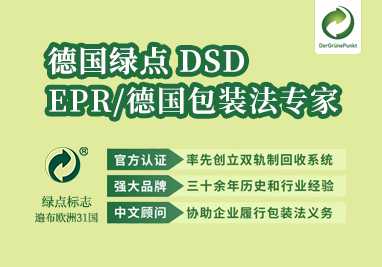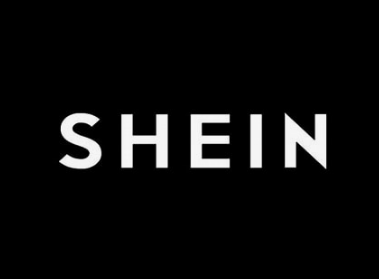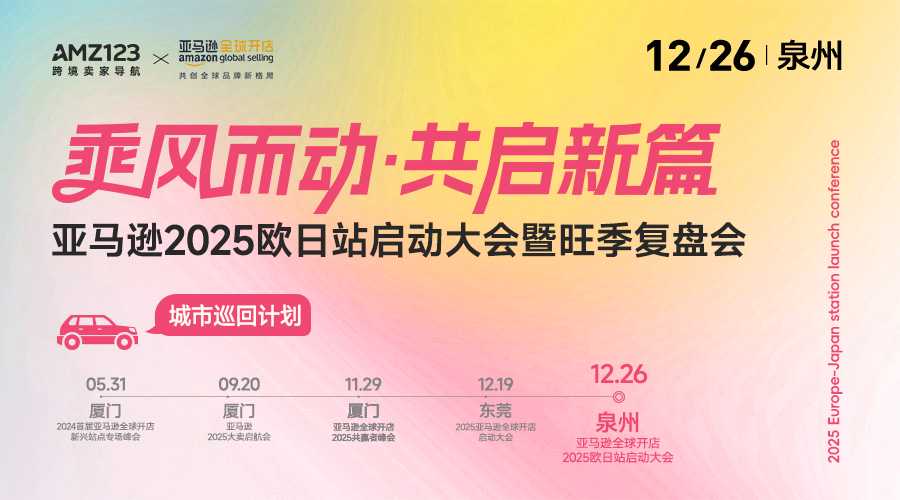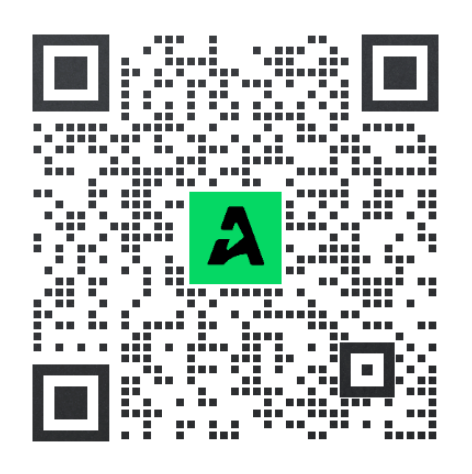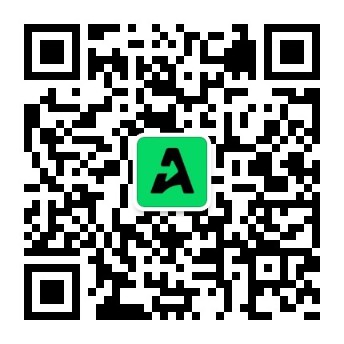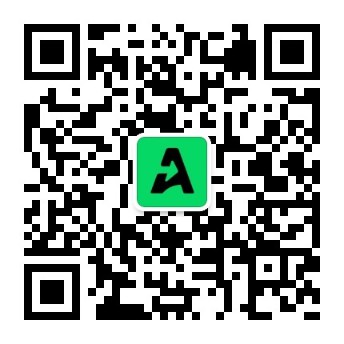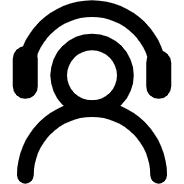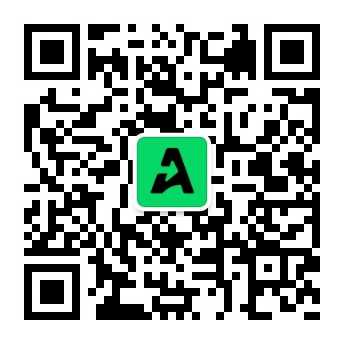关于美国新疆棉对货代的影响
1.关于这个问题,一个事实是

2.问题重启的原因,详情

3.关于整个前因后果的了解网址
https://www.cbp.gov/trade/forced-labor/UFLPA?language_content_entity=en
Uyghur Forced Labor Prevention Act
维吾尔防止强迫劳动法
The Uyghur Forced Labor Prevention Act (UFLPA) was signed into law by President Biden on December 23, 2021.
2021 年 12 月 23 日,拜登总统签署了《维吾尔强迫劳动预防法》(UFLPA),使其成为法律。
It establishes a rebuttable presumption that the importation of any goods, wares, articles, and merchandise mined, produced, or manufactured wholly or in part in the Xinjiang Uyghur Autonomous Region of the People’s Republic of China, or produced by certain entities, is prohibited by Section 307 of the Tariff Act of 1930 and that such goods, wares, articles, and merchandise are not entitled to entry to the United States. The presumption applies unless the Commissioner of U.S. 它确立了一项可推翻的推定,即全部或部分在中华人民共和国新疆维吾尔自治区开采、生产或制造的或由某些实体生产的任何货物、商品、物品和商品的进口均被下列国家禁止。 1930 年关税法第 307 条规定,此类商品、商品、物品和商品无权进入美国。
Customs and Border Protection (CBP) determines that the importer of record has complied with specified conditions and, by clear and convincing evidence, that the goods, wares, articles, or merchandise were not produced using forced labor.
除非美国海关和边境保护局局长 (CBP) 确定登记进口商已遵守特定条件,并且通过明确和令人信服的证据证明货物、商品、物品或商品不是使用强迫劳动生产的,否则该推定适用.
The UFLPA also requires the interagency Forced Labor Enforcement Task Force, chaired by the Secretary of Homeland Security, and in consultation with the Secretary of Commerce and Director of National Intelligence, to develop and submit to Congress a strategy for supporting CBP’s enforcement of Section 307 of the Tariff Act of 1930 with respect to goods, wares, articles, and merchandise produced with forced labor in the People’s Republic of China. UFLPA 还要求由国土安全部部长主持的跨部门强迫劳动执法工作组与商务部长和国家情报总监协商,制定并向国会提交支持 CBP 执行第 307 条的战略。1930 年关于在中华人民共和国强迫劳动生产的商品、商品、物品和商品的关税法。
4.对出口美国的货物的影响
也就是对货代的影响
Dear [Importer],亲爱的[进口商]
As you are likely aware, Congress recently passed, and the President signed into law, the Uyghur Forced Labor Prevention Act (“the Act”). The Act, codified under 22 U.S.C. §6901 note, established a rebuttable presumption that any goods, wares, articles, and merchandise mined, produced, or manufactured wholly or in part in the Xinjiang Uyghur Autonomous Region (XUAR) of the People’s Republic of China or produced by an entity on a list required by clause (i), (ii), (iv) or (v) of section 2(d)(2)(B) are prohibited under section 307 of the Tariff Act of 1930 (19 U.S.C. §1307) are not entitled to entry at any of the ports of the United States. 正如您可能知道的那样,国会最近通过了《维吾尔强迫劳动预防法》(“该法”),总统签署了该法案。该法案根据 22 USC §6901 注释编纂,确立了一项可推翻的推定,即全部或部分在中华人民共和国新疆维吾尔自治区 (XUAR) 开采、生产或制造的任何商品、商品、物品和商品或由第 2(d)(2)(B) 条第 (i)、(ii)、(iv) 或 (v) 条要求的清单上的实体制作,根据 1930 年关税法第 307 条被禁止( 19 USC §1307) 无权进入美国的任何港口。
The Act requires CBP to apply the rebuttable presumption unless the importer can overcome the presumption of forced labor by establishing, by clear and convincing evidence, that the good, ware, article, or merchandise was not mined, produced, or manufactured wholly or in part by forced labor. This elevated standard will require the importer to not only use due diligence in evaluation of its supply chain, but also to respond completely and substantively to CBP requests for information regarding entries it may review.该法案要求 CBP 应用可推翻的推定,除非进口商能够通过明确和令人信服的证据证明货物、商品、物品或商品并非全部或部分开采、生产或制造来克服强迫劳动的推定通过强迫劳动。这一更高的标准将要求进口商不仅在评估其供应链时使用尽职调查,而且还需要对 CBP 对其可能审查的条目信息的要求做出全面和实质性的回应。
As your company has previously imported merchandise sourced from locations or entities potentially subject to the Act, you are being notified that any future entries of such merchandise may be subject to CBP enforcement action, including seizure, forfeiture and/or penalties, or other appropriate action under the customs laws. In any future CBP enforcement action related to such merchandise, CBP will take into consideration the fact that you have been provided this notice in determining appropriate administrative remedies.由于贵公司之前曾从可能受该法案约束的地点或实体进口商品,因此通知您,此类商品的任何未来进入可能会受到 CBP 执法行动的约束,包括扣押、没收和/或处罚,或其他适当行动根据海关法。在未来与此类商品相关的任何 CBP 执法行动中,CBP 将在确定适当的行政补救措施时考虑您已收到此通知的事实。
In anticipation of the rebuttable presumption becoming effective on June 21, 2022, an implementation strategy and guidance for the trade community will be issued to ensure compliance with the Act. CBP is urging importers to be proactive and closely review their supply chains to ensure any goods or materials are not sourced from the XUAR in violation of the Act. It is incumbent upon you as an importer to apply due diligence, effective supply chain tracing, and supply chain management measures to ensure that such imports are free from any goods mined, produced, or manufactured wholly or in part with forced labor from the People’s Republic of China, especially from the XUAR.预计可推翻的推定将于 2022 年 6 月 21 日生效,将发布贸易界实施战略和指南,以确保遵守该法案。CBP 敦促进口商积极主动并密切审查他们的供应链,以确保任何货物或材料都不是来自新疆维吾尔自治区,违反了该法案。作为进口商,您有责任采取尽职调查、有效的供应链追踪和供应链管理措施,以确保此类进口商品不含任何全部或部分由中华人民共和国强迫劳动开采、生产或制造的商品中国的,尤其是来自新疆的。
For the most up-to-date information on CBP’s UFLPA implementation, please see our website at https://www.cbp.gov/trade/forced-labor/UFLPA. Questions regarding UFLPA may be submitted to UFLPAInquiry@cbp.dhs.gov.有关 CBP 实施 UFLPA 的最新信息,请参阅我们的网站https://www.cbp.gov/trade/forced-labor/UFLPA。有关 UFLPA 的问题可提交至UFLPAInquiry@cbp.dhs.gov。
5.美国清关行通知:
近期美国海关严查纺织品类货物,新的执行准则将会在6/21正式上线,其后将会有更多扣货查验的情形。
此查验主要排查:纺织品类货物是否含新疆棉,一旦海关查验,将会进行查验扣货处理,并要求直至客人提供相关证明货物的成分不含新疆棉方可放行。
这好比是一个靴子,还没有落地,静等即可。
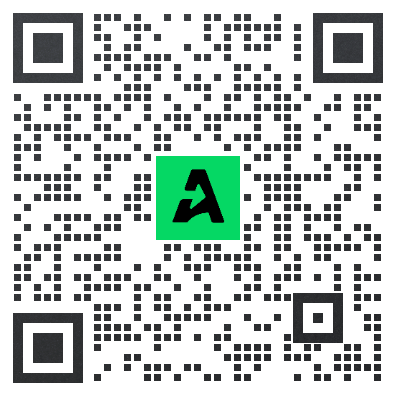
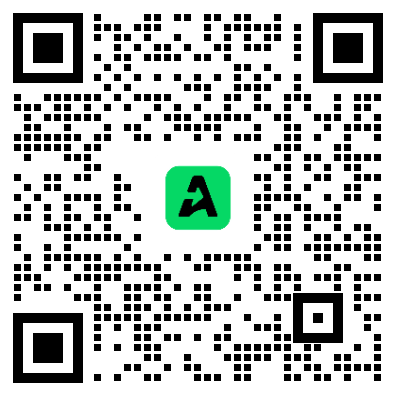
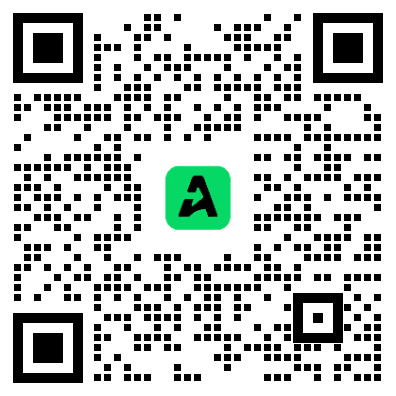
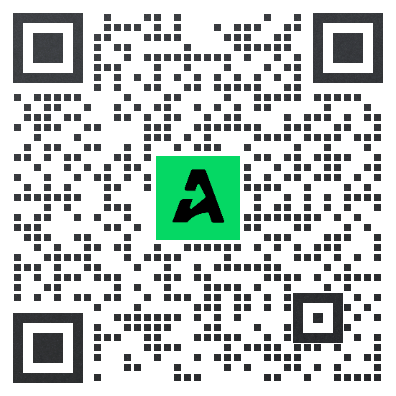





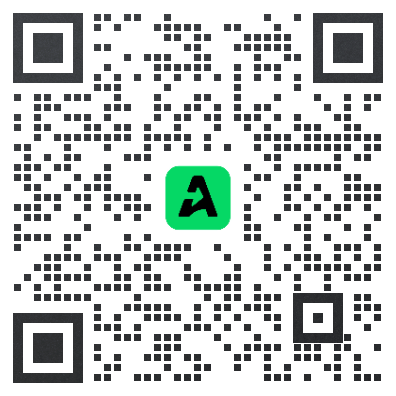
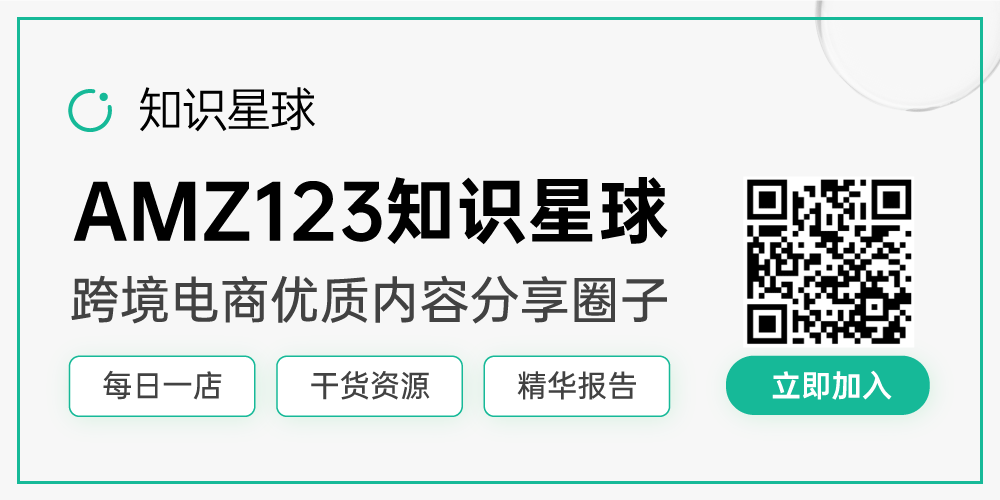



.png)
